| This post may contain affiliate links. Whenever you book or buy something through one of these, Giving Getaway gets a small commission, of which 100% will be donated to charity, without any extra cost to you! |
There are many things you as a traveler can do to explore the world responsibly. If you haven’t done it yet, you can read my comprehensive blog post about 20 easy ways to travel while doing good. In this blog post though, I will show that often it’s not the things we do, but the things we don’t do which can make a difference. Here is a list of 12 unethical activities you should avoid when traveling.
1) Sex Tourism
I am sure that readers of my blog never did or will ever engage in sex tourism. But since the figures are so shocking, I wanted to mention them anyway to spread awareness about this horrifying topic.
According to the non-profit organization ECPAT, (“End Child Prostitution and Trafficking”), each year more than 250,000 people travel abroad to engage in sex tourism with children.
As is the case with almost all unethical tourist activities, the main motive for these disgusting practices is money. Over $20 billion in revenue each year makes it a lucrative industry for criminals. Because that’s what it is, a crime against humanity.
Make sure that whenever you witness sexual exploitation of children on your travels you report the authorities. Or notify and support organizations like ECPAT which make an effort to end child sexual exploitation and help spread awareness about sex tourism.
2) Elephant Bathing
This one might surprise you. Isn’t elephant bathing a much more responsible way to interact with these majestic animals than riding them or watching them perform in a circus? Definitely not.
As peaceful as these creatures may seem, they are simply too wild and unpredictable to let them interact with humans. Unless they are being tamed and trained in a way that they wouldn’t even dare to harm tourists. And that’s where the problem is.
These training practices are of unspeakable cruelty. Elephants are often taken away from their mothers at a young age and kept in isolation. They are deprived of food and water and get hard beatings until they are completely crushed. Only then their trainers can control them through fear and make sure that tourists won’t get hurt, or killed.
In recent years, self-proclaimed “rescue centers” and “sanctuaries” spread around Southeast Asia. They claim to take care of elephants who went through these horrors. But that is just an excuse.
In too many cases, these organizations use the same practices. Those who do care about the elephants wouldn’t allow tourists to have close contact with them. It’s as simple as that.
Avoid such elephant interactions at all costs and rather go on a safari to watch them in their natural habitat. It’s a more ethical, responsible, and rewarding way to enjoy these beautiful animals.
3) Cub Petting
However nice it may seem to pet or hold cubs and other baby animals, supporting organizations that offer these experiences is one of the worst and most irresponsible things you can do as a traveler.
It is a machinery only designed to use people’s affection towards cute baby animals and dispose of them when they’re no longer in use.
Only a few days or even hours after birth, these cubs are separated from their mothers. They are underfed to keep them small and get declawed and drugged to keep them harmless.
Starting from the age of eight weeks, they are then used for entertainment for as many tourists as possible, regardless of the animal’s well-being. But only for four weeks. After that, these cubs are considered too dangerous by law.
What happens then? They get killed, sold to black markets, or used for canned hunting. But the breeding machinery is already running, ready to produce more cubs to use for profit. Because in those people’s eyes, that’s all they are. Disposable products.
So please don’t support such organizations and help spread the truth whenever you hear people talking about such activities. Petting cubs is highly unethical and once people know about these practices, there’s no chance these organizations will survive.
4) Slum Tourism
Imagine yourself doing mundane things, such as preparing food, washing your clothes, or cleaning up. But you are not alone. People are watching you, taking pictures of you, and then leaving just to do the same with your neighbor. Day by day, several times a day. How would that make you feel? Probably not good.
That’s what slum tourism or poverty tourism is. Visitors and tour operators treat the poor like animals in a zoo, giving them no say and no chance to stop or escape it.
It is a controversial topic. Some people argue that slum tours raise awareness and boost the local economy. In an ideal world, that would be the case. Tourists who look for meaningful interactions on the one side, and tour operators who make an effort to help and support those people on the other.
But that’s not the world we are living in. For most people involved in this industry, it is pure voyeurism and greed for profit. With no or insignificantly small amounts of money going down to the poor.
For me, there are no two opinions. As long as slum tours do not help solve the problem, they are among the unethical activities you should avoid when traveling.
5) Wildlife Selfies
Most of us have already seen one or maybe even had the opportunity to do one ourselves: a selfie with a tiger, leopard, cheetah, or other wild animal. As appealing as this might be, you should never support organizations that offer these kinds of experiences.
The only way such dangerous animals can be around humans without the risk of harming them is by sedating them, heavily. Often kept in cruel conditions and tied up in chains, these animals are only used for tourism purposes.
Unlike some of the other unethical tourist activities in this blog post, there is no gray area. There is absolutely no ethical organization on earth that offers wildlife selfies without exploiting animals.
Nowadays, less known but similar practices are gaining popularity, like holding and taking selfies with sloths or sea turtles. While these animals are less dangerous by nature, holding them for the sole purpose of taking selfies puts them under lots of stress. As cute as they are, please resist and do not support such irresponsible activities.
6) Human Safaris
Going on a safari to watch animals in their natural habitat is one of the best ways to enjoy their presence without putting them at risk. But what are human safaris?
On those tours, you are visiting remote tribal communities to watch indigenous people. While there is nothing wrong with visiting tribal people who are used to being in contact with outsiders and who will benefit from these tourist activities, visiting tribes without further research and guidance can be unethical, irresponsible, and even dangerous.
Many tribes react with hostility towards outsiders, expecting them to be a threat. And even if not, there is a big chance that tourists could transmit diseases to which the indigenous people have no immunity. A huge risk for both sides.
To be on the safe side, book tours that are organized by ethically run tourism companies or by some of the tribal people themselves. Only when these tribes are happy to accept visitors and benefit from your visit, those tours can be a beneficial experience for both sides.
7) Orphanage Tourism
If you ever need an example of how far people go to make some extra money and why doing thorough research is so important, just think about orphanage tourism.
Why would an organization like ABTA establish a task force which raises awareness to NOT volunteer in or visit orphanages abroad, and not even donate money to them? As always when there is money involved, some people will take advantage of the situation.
In the case of orphanage tourism, it would lead to human trafficking, recruiting, and taking away children from their families. Just the fact that there is potential money to make, orphanages have spread across the globe, using children for profit and causing them psychological, physical, and emotional harm.
As good as your intentions may be, there are certainly better ways to help children in need. But there is no doubt that visiting and volunteering in orphanages is one of those unethical activities you should avoid when traveling.
8) Donkey Rides and Horse Carriages
Riding a horse through stunning landscapes can be one of those once-in-a-lifetime experiences. And hopping on a donkey can make your life much easier if you want to rest your feet when exploring a national park.
As with most of the other unethical tourist activities involving animals, the conditions in which those animals are kept and the way those organizations treat the animals are horrifying. All too often those poor animals don’t get the time they need to recover and get whipped if they don’t perform well.
Or they must work all day long and in all weather extremes until they collapse and even die. This includes for example donkey rides in Petra (Jordan), horse carriages in New York City, and camel tours in Morocco.
Whether riding horses is ethical or not is another controversial topic. PETA argues, that riding a horse only benefits us humans. We take advantage of them, without their consent. I get that.
But the least we can all agree upon is the importance of choosing ethical and responsible horse-riding tours. Do your research, and if you are already on the spot, keep an eye on the body condition. This guide helps you to see whether a horse is in good and healthy condition.
9) Animal Performances
Lions and elephants in circuses, dancing bears and monkeys on the streets, orcas and dolphins in sea parks, horses and cows used in rodeos, snakes charmed by music, the list of performing animals for human entertainment is endless.
Without any exceptions, whenever people take animals out of their natural habitat and train them to perform tricks, the animals are or were suffering at some point in their lives. It is against their nature and each of those irresponsible practices is horrifying in its way.
Those animals are deprived of normal social and environmental interactions and usually undergo cruel training methods. As fascinating as it may be to see an elephant painting a picture, or a snake dancing to the music of a flute, there is nothing admirable about it. No special talents or gifts. Just cruelty.
Inform fellow travelers who share stories of such experiences whenever you witness them. Do your research and always think twice before engaging in activities on your trips that involve animals. Always remember, if an animal’s behavior seems unnatural, cruel and unethical practices are likely involved.
10) Disaster Tourism
Disaster Tourism describes the phenomenon of places drawing visitors after being hit by a major disaster. Whether visiting a place after a disaster is unethical or not mainly depends on why and when you want to visit it. Let me explain that.
Disaster tourism can be educational and raise awareness about certain issues. The Holocaust for example was one of the most devastating man-made disasters in the history of humankind. Learning about the truth of that dark chapter of history is important. That’s why most people wouldn’t consider it unethical to visit concentration camps like the one in Auschwitz.
Now let’s take Hurricane Katrina in New Orleans in 2005, the Boxing Day tsunami in Asia in 2004, or the earthquake in Kathmandu in 2005. In all those cases, tourists had an interest in visiting those places right after those disasters happened. And why?
Some might have had the intention to help. But in many cases, pure voyeurism was the reason. In New Orleans in 2005, tour operators saw a growing interest and organized bus trips to the Lower Ninth Ward, the neighborhood that was affected the most by Hurricane Katrina.
Imagine people looking and crying for their loved ones and trying to rebuild their homes. At the same time buses with tourists emerge, ready to capture those scenes with their cameras. Similar things happened in Kathmandu in 2005, and in Thailand in 2004.
This is the kind of irresponsible tourism you should avoid at all costs. There are several ways to help and support people and communities who were struck by a disaster from home. And even many more ethical ways to satisfy a need for adventure.
11) Culinary Delicacies and Illegal Wildlife Products
For many of us, trying national specialties and buying unique souvenirs are a must when traveling abroad. And in most cases, there is nothing wrong or unethical about it. Unless you choose the wrong dishes or souvenirs.
I understand that eating any kind of meat is considered unethical by many people. And yet I am sure that we can agree that in some cases eating animals is more unethical than in others.
Let’s take for example the meat of endangered animals, which is often considered a “culinary delicacy” in some countries. Shark fins, turtle soups, and eggs, or the meat of dolphins and whales are only a few examples.
In other cases, it takes cruel practices to create a dish or even just a cup of coffee. Force-feeding birds for example, or producing Kopi Luwak coffee, the most expensive coffee in the world, leads to animal abuse and is therefore highly unethical.
In very extreme cases, people even eat animals while they are still alive, such as octopuses, frogs, and fish. Whenever you have doubts, please do your research before trying a local delicacy and avoid it if you are suspicious.
Souvenirs are another big topic when talking about unethical practices in the tourism industry. Buying wildlife products such as souvenirs made from ivory is not just unethical, but illegal in many parts of the world. You can even buy shark teeth, turtle shells, coral and seashells, and dried seahorses as a souvenir.
Always think twice and do your research, otherwise buying a souvenir can be one of those unethical tourist activities that you will regret once you are back home. And if you want to learn more about the best way to buy a souvenir without feeling guilty, read this guide to ethical souvenir shopping.
12) Cruise Liners
Climate change is one of the biggest challenges of our time, and while many industries at least tried to make an effort to reduce their carbon emissions in the past, cruise companies refuse to take responsibility.
Even worse, the cruise ship association seems to be more interested in using its lobby to weaken existing climate regulations than bringing about change.
Studies have shown that cruise liners emit more carbon dioxide than any other ships out there. As if this wasn’t bad enough, cruise liners also damage marine ecosystems and dump oil-contaminated waste, billions of gallons of sewage, and ten thousand tons of food in the ocean each year.
Only in 2022, the cruise line industry made promises to halve their emissions by 2030 and to achieve a net zero by 2050. Today, cruise ships are much closer to being a part of the problem rather than of the solution, which is why going on a cruise is one of those unethical activities you should avoid when traveling.
Conclusion
Traveling is a privilege, an investment in ourselves. It widens our horizons and makes our lives much more exciting. But there comes a certain responsibility with it which we cannot deny.
When traveling, we are the consumers who decide the destiny of thousands of people, animals, and our environment. Engaging in unethical tourist activities that exploit people and animals signals interest to those in charge. As a consequence, it leads to more such activities, more shows, more tours, and therefore more suffering.
It is in our hands to change that. If we avoid those unethical activities, there will be no incentive for anyone to offer them. But for that, we need to be consequent, do our research, share our knowledge with fellow travelers, and raise awareness.
Only then we will have a real chance to be a part of the solution, not the problem. Write down your experiences in the comments below and feel free to share this blog post with your friends and family.
If you would like to help Giving Getaway organize another charity event in the future, use the search widgets or click on the ad banners on this website to book your next hotel, flight, rental car, and much more.
With every completed booking, Giving Getaway gets a commission of which 50% will be used to organize charity events like the one in 2021 when we managed to organize 100 Christmas gifts for kids and teenagers in a children’s home in Montenegro.



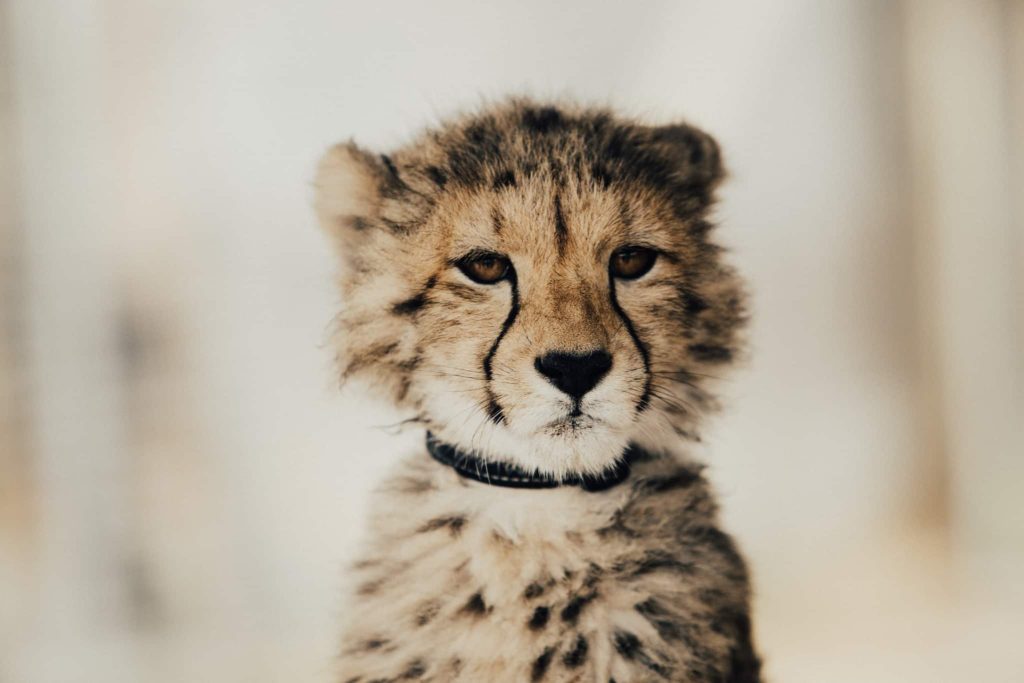






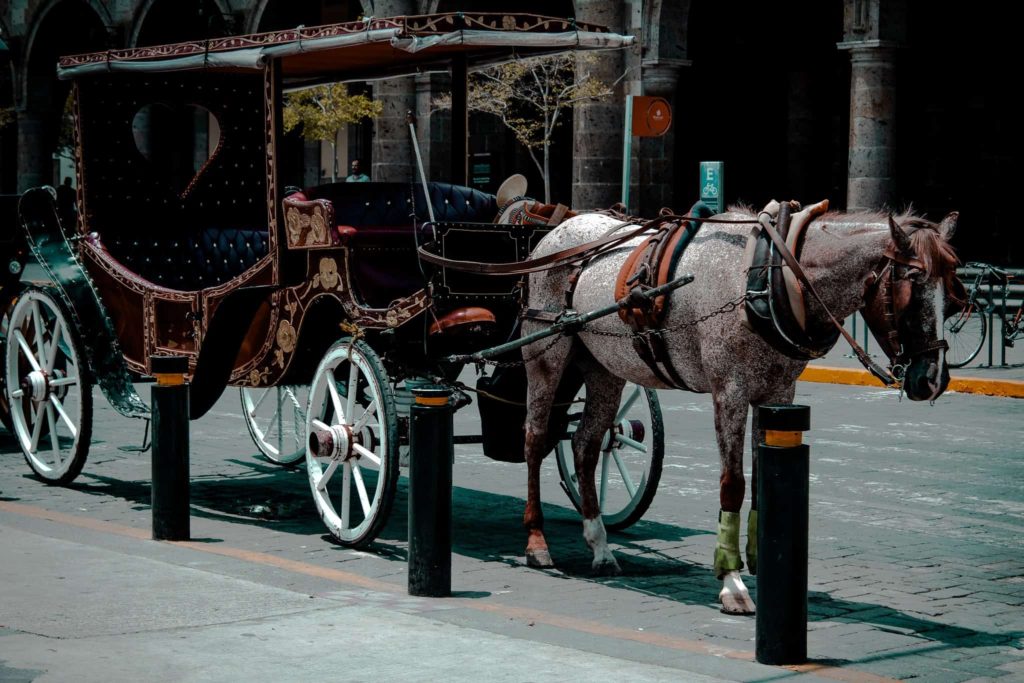


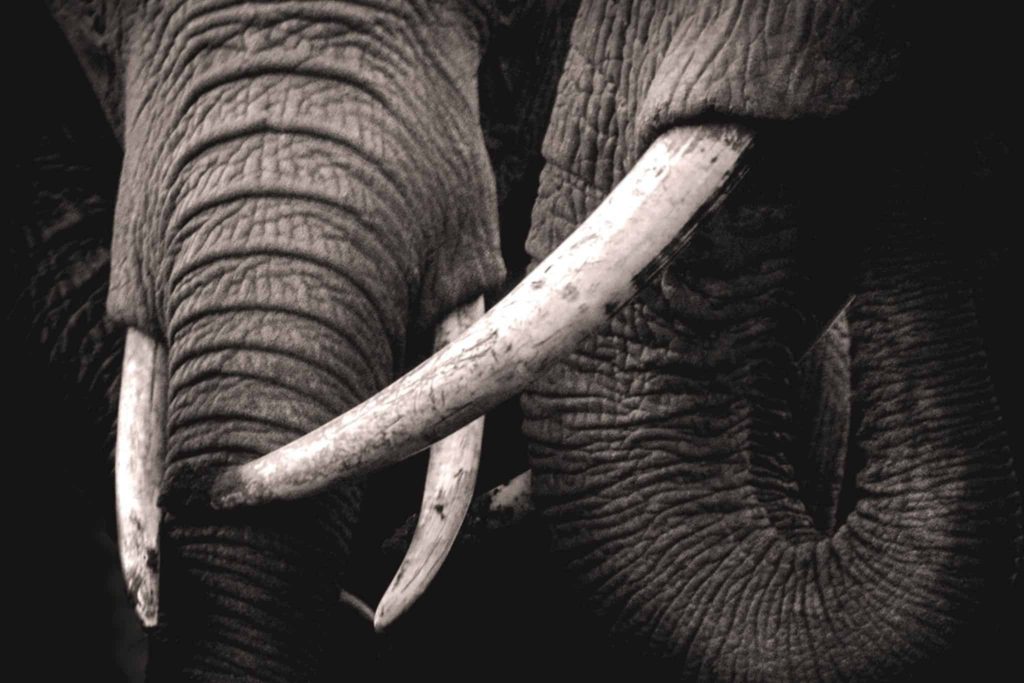


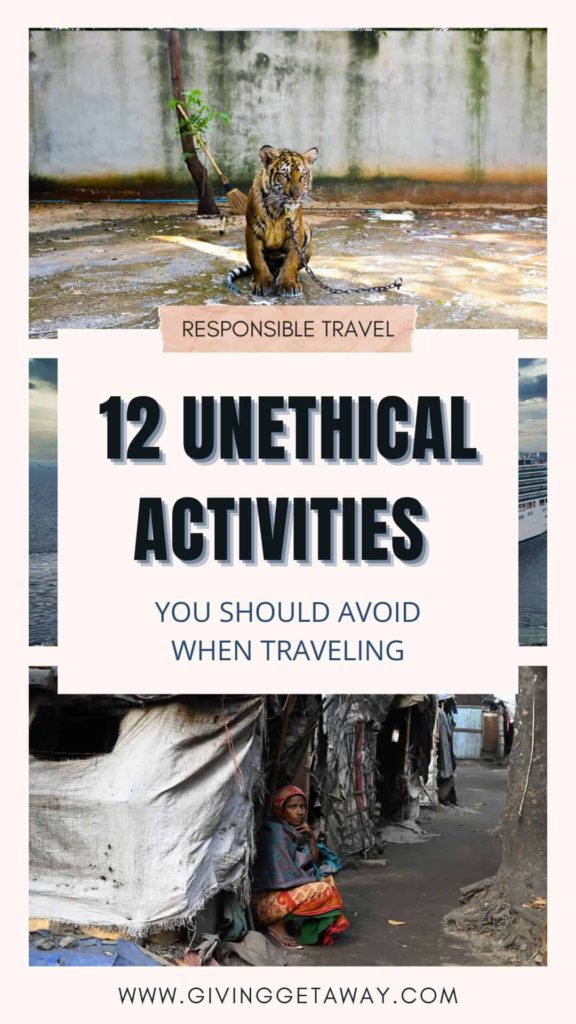




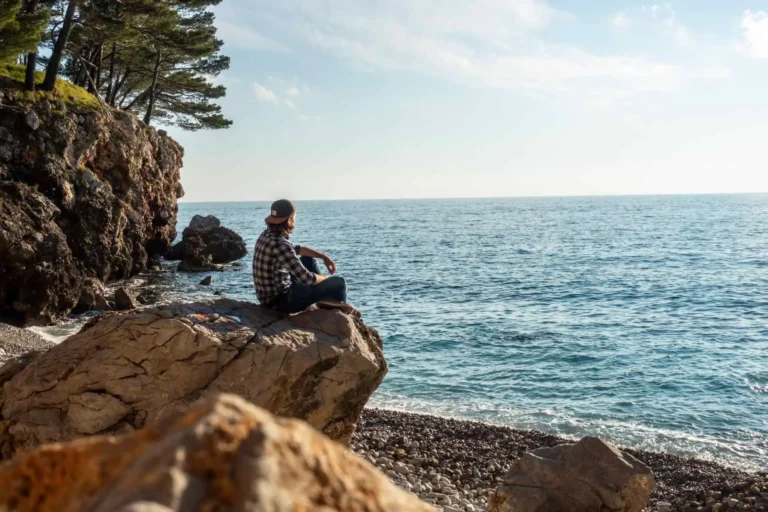







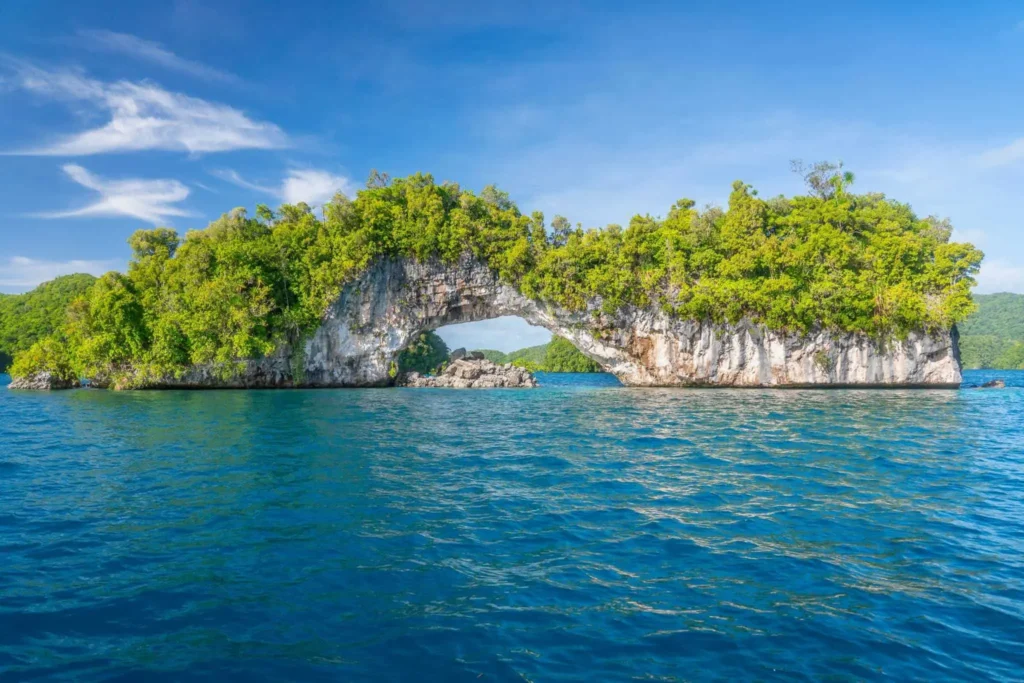

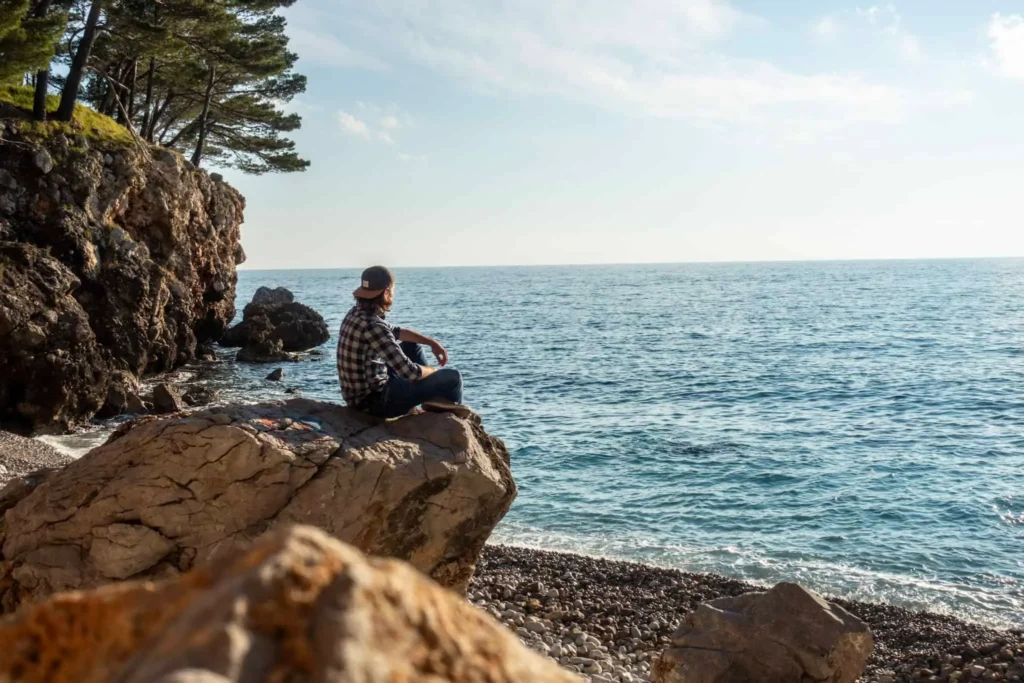
Wow.. I have to say first, I am shocked as many of these things I’d never have known were a “thing”. It’s crazy what travelers will do to entertain themselves.
Thanks for sharing, as now I an enlightened and actually saddened because I love travel and have to say I have done things like cruising and holding a baby animal, without thinking about it.
Honestly, about some things I was also shocked and couldn’t imagine that people would actually do that. Some things are more obvious than others, that’s why spreading the word about such unethical activities among travelers is so important. Thank you for your kind words Sheila, I’m glad you learned something by reading this blog post. 🙂
This is a great list of unethical things to do during travel. I found myself nodding at most points as I went through the list. But I did stop to ponder the section on donkey rides and horse carriages. I have stayed away from donkey rides because several times I saw the dreadful treatment. And while I have not done a horse and carriage ride I always thought it would be a peaceful way to tour. I will certainly have a different view on that now.
Thank you Linda! It’s sad that you had to see for yourself how donkeys are threated at some places. These days most organizations are aware of that and try to hide it, which makes it even more difficult to differ between irresponsible and responsible organizations. When in doubt it’s always better to just not take such rides, just to be on the safe side. 🙂
This is a fantastic post. I was really shocked about the orphanage tourism because I know a few a people who have done this more than once. I think I need to share this post on my social media to raise the awareness. The disaster tourism hit me a bit reading it. I was in Christchurch during their earthquake and would hate to imagine that people would travel for that purspose 🙁
Thank you so much Nicole! The orphanage tourism was also the one that shocked me the most, just because I didnt expect it at all. Same goes for disaster tours. That must have been quite a traumatic event for you, sorry to hear that 🙁 And I totally agree, it’s really sad to imagine that some people would go there just out of curiosity or to satisfy some need for adventure, it really shouldn’t be like that.
Lots to think about here! I’ve done a few things on this list, but my travel activities have changed over the years as I’ve grown and learned. I appreciate your conclusion about our responsibility as travellers. If we do research to choose and support better activities and organizations, we can improve the futures of people, animals and environment.
Thanks Melanie! I also did some of those things in the past, but with time and experience also comes a bit of knowledge and wisdom. It’s important to question everything these days and take our responsibilty seriously. I’m glad you’ve grown as a traveler and probably also as a person, that’s what traveling usually does, it opens our eyes, and I hope it’ll be the same for other travelers out there. 🙂
Thanks for sharing. I read many of your blog posts, cool, your blog is very good. https://accounts.binance.com/register-person?ref=IXBIAFVY